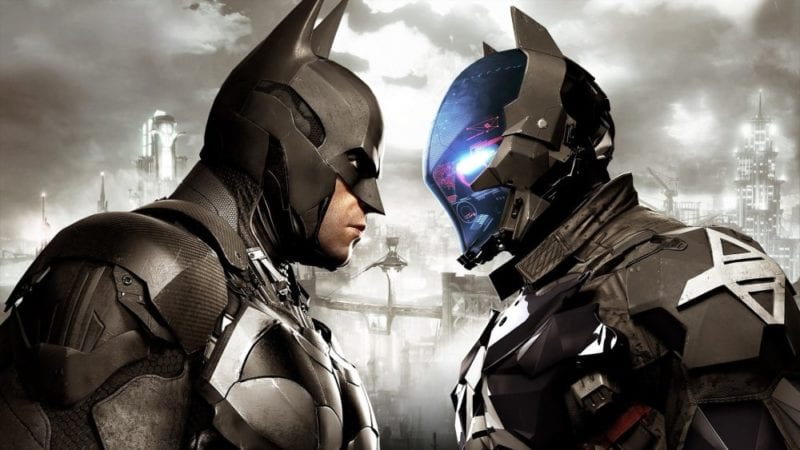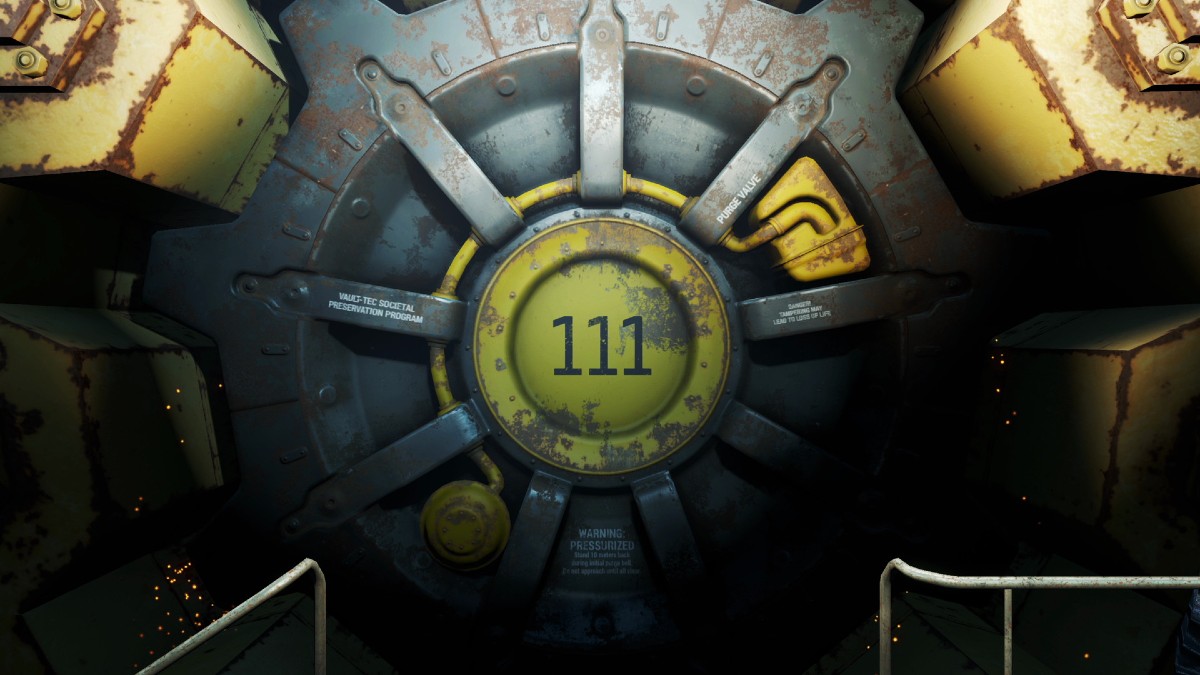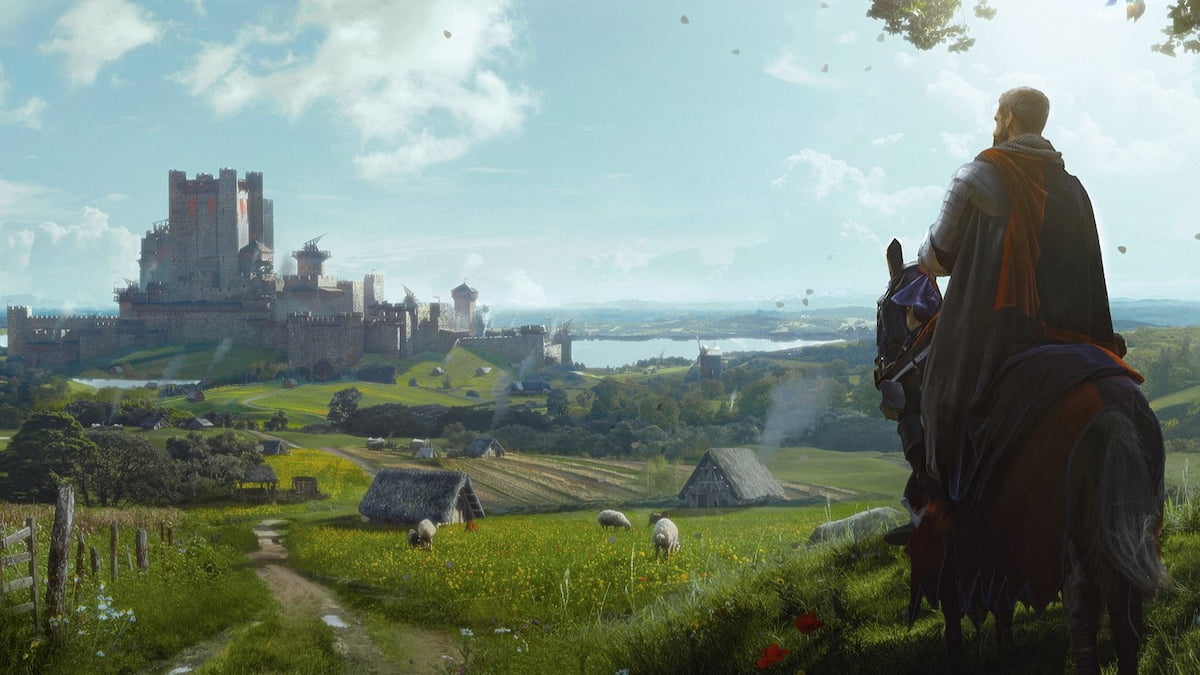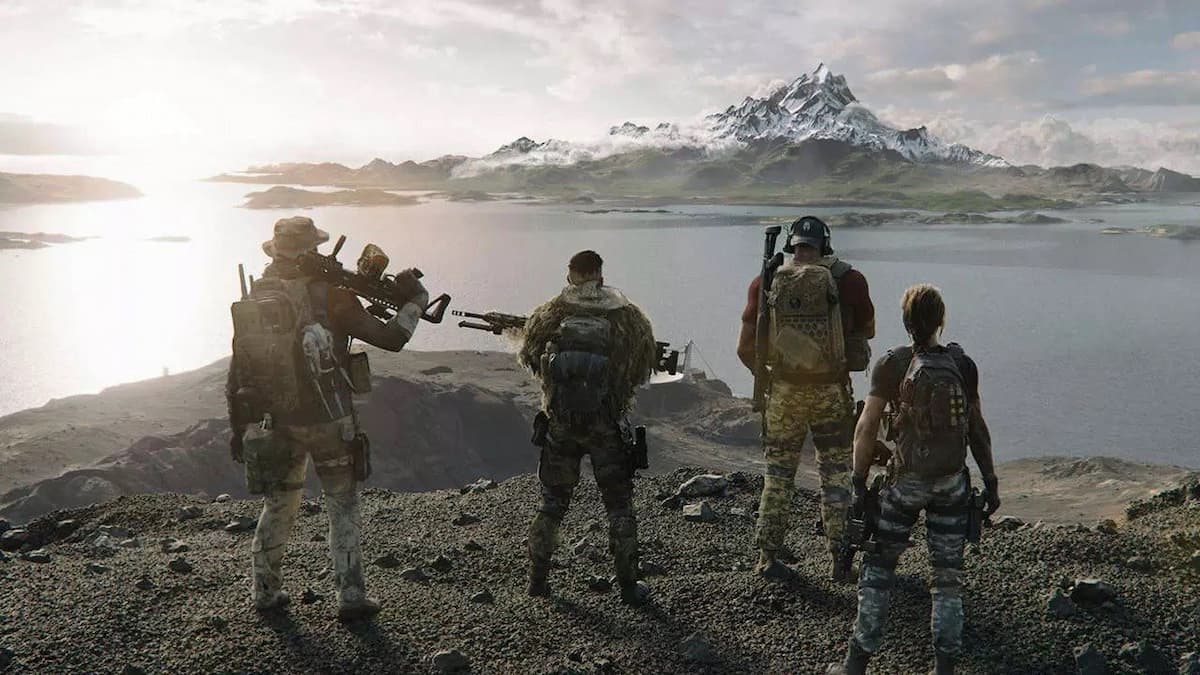Video Game Trilogies With the Worst Endings
Fable
When the first Fable game was released, it was met with great critical success. Not only was it one of the Xbox’s first successful RPGs, but it was brought to the genre a slew of innovations that made the game feel unique in a number of ways. For the first time on Xbox, almost every choice you made in the game was met with a tangible effect in the game world, and more literally, a visible change in the way your character looked. The combat was easy to learn but took hours and hours to master. The world of Albion was a shift in the genre — where many games rooted themselves in dark and desperate worlds, Albion was playful, colorful and charming. When Fable 2 was released, it improved upon the many systems of the first Fable and brought with it innovations that made it feel fresh in the genre of RPGs.
When Fable 3 was announced, fans of the genre were excited to see how it would improve upon the second and how, like the rest of the series, it would remain newfangled in the crowded fantasy-RPG landscape. Sadly, upon its release, the world quickly saw that it didn’t really do anything new, save for a new story that was, unfortunately, the most lackluster in the series.
Whereas Fable 2 built upon the incredible foundation Fable created, Fable 3 felt more like a DLC pack to 2 more than anything else. The combat was the virtually the same, except in 3, there was almost no challenge attached as you could cheese any enemy by simply spamming magic. The world of Albion received nothing more than a small facelift and a touch of industrial revolution. The only part of the game that didn’t feel like a continuation was the story.
The plot of Fable 2 was great and urged the character forward. The plot of Fable 3, though, only became worse as it went on, to the point where by the end, it was laughable at best. You had just taken over the kingdom of Albion and freed it from the shackles of your evil brother. What’s next? How about instead of exploring this rich, fantasy universe some more, you sit on a throne and make decisions like a king. This could have been done well, but in the end, your time as the king amounted to maybe two hours of gameplay where you make on-the-fly decisions before heading into battle against an invasion you don’t really care about.




